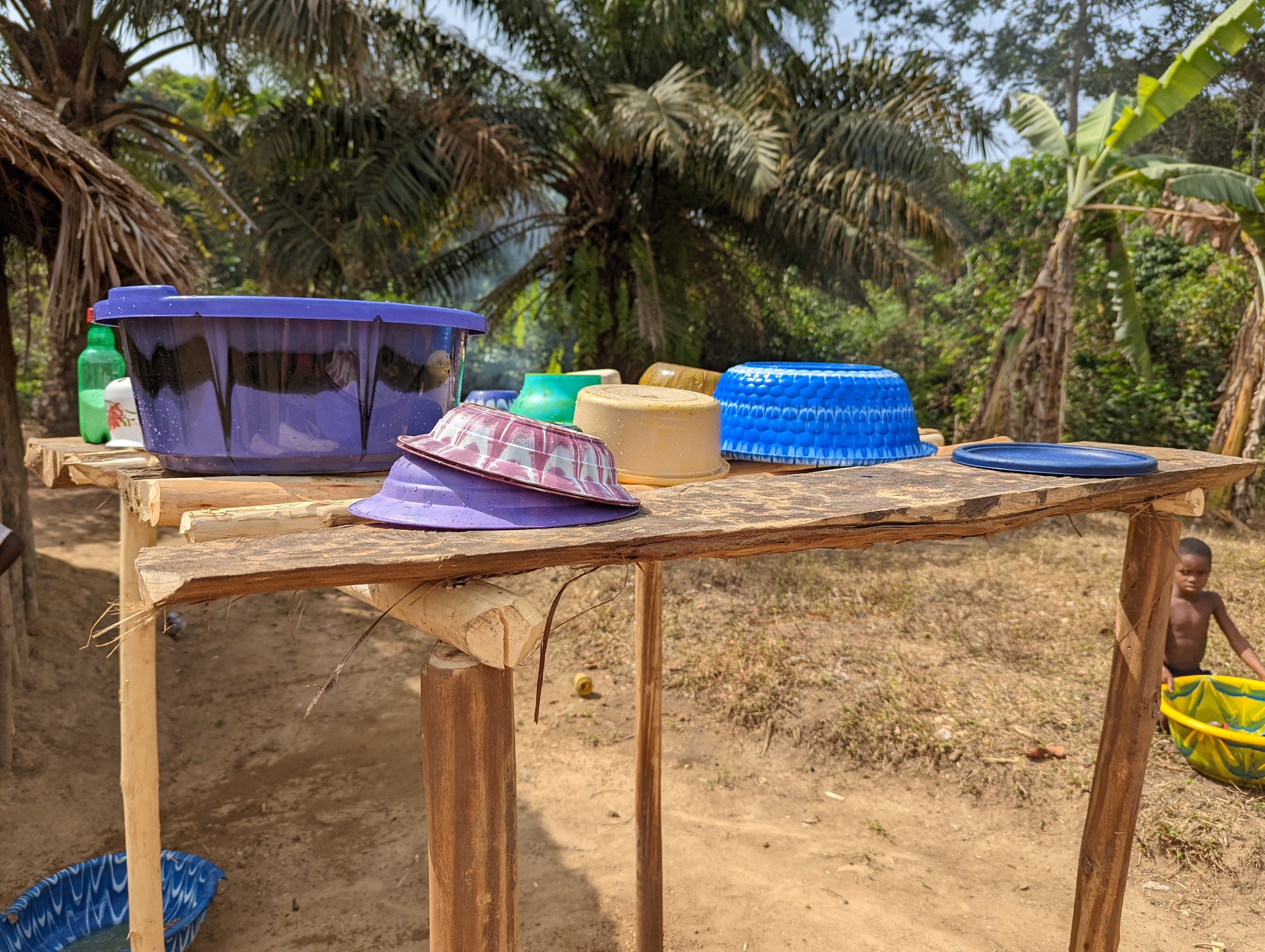Access to clean water and improved sanitation can mean the difference between health and disease, thriving and struggling, and children staying in school or falling behind. So, what options exist for communities where every resident is affected by the lack of clean water or sanitation facilities? Too often, the answer is: none.
In India, this is a reality in many villages, including those located near South India Biblical Seminary. “These communities [suffered with] water scarcity and lack of sanitation and waste management systems,” explained a church leader.

